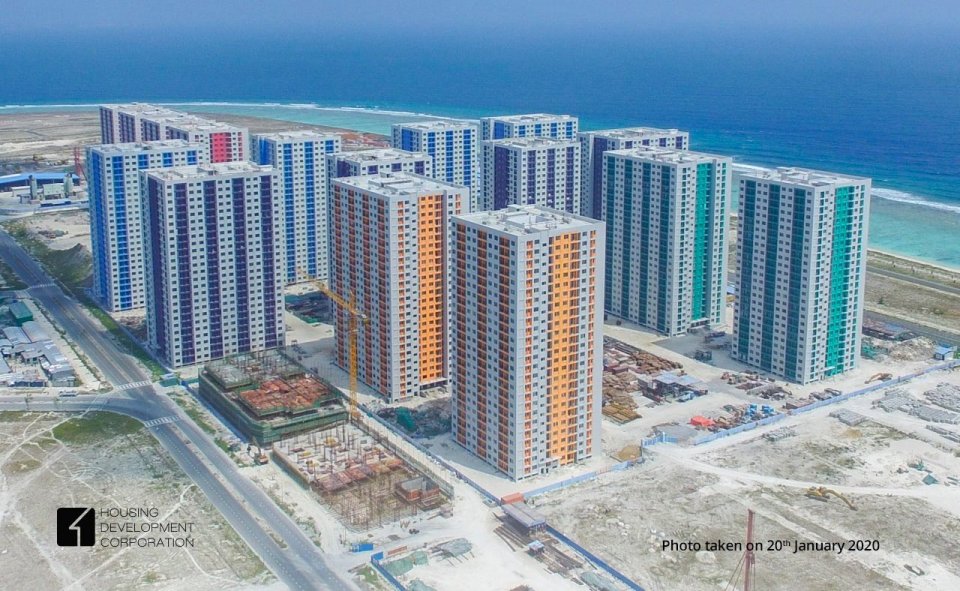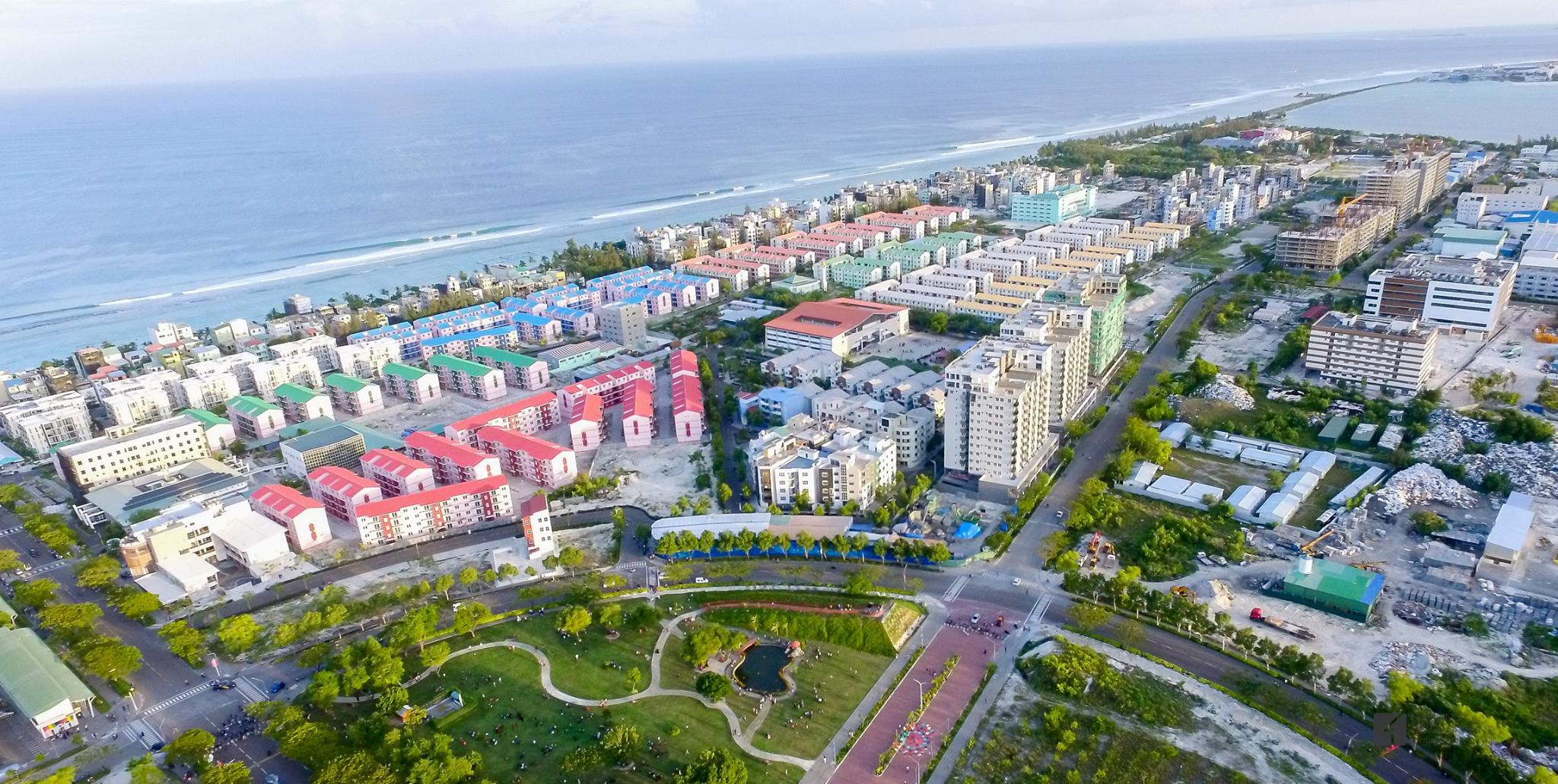The Maldives, known for its picturesque beaches and luxurious resorts, is facing a housing crisis that is leaving many citizens struggling to find affordable and adequate living conditions. With a growing population and limited land space, the need for public housing projects is becoming increasingly urgent.
According to a report by the United Nations Development Programme, poverty levels in the Maldives are highest among households headed by single women, followed by households with elderly members and those with disabilities. The lack of affordable housing options exacerbates the struggles faced by these vulnerable groups.

The government has acknowledged the issue and has committed to addressing it through public housing projects. In 2020, the government launched the “Hiyaa” housing project, which aims to provide affordable housing to low-income families. The project includes the construction of 7,000 housing units across the country, with a focus on ensuring access to basic amenities such as water and electricity.
However, the project has faced criticism for its slow progress and lack of transparency. Some have also raised concerns about the criteria for eligibility, which may exclude those in urgent need of housing.
The government must ensure that the public housing projects are implemented effectively and efficiently to address the housing crisis and combat poverty. This requires transparent and accountable management, as well as inclusive policies that prioritize the needs of vulnerable groups.
Additionally, it is crucial to address the root causes of poverty, such as limited access to education and job opportunities. The government must invest in initiatives that promote economic growth and provide social protections for those in need.
The housing crisis in the Maldives is a complex issue that requires a multifaceted approach. While public housing projects can provide immediate relief for those in need, long-term solutions must also be implemented to address poverty and inequality. By prioritizing the needs of vulnerable groups and investing in sustainable economic growth, the Maldives can work towards a more equitable and prosperous future for all its citizens.




